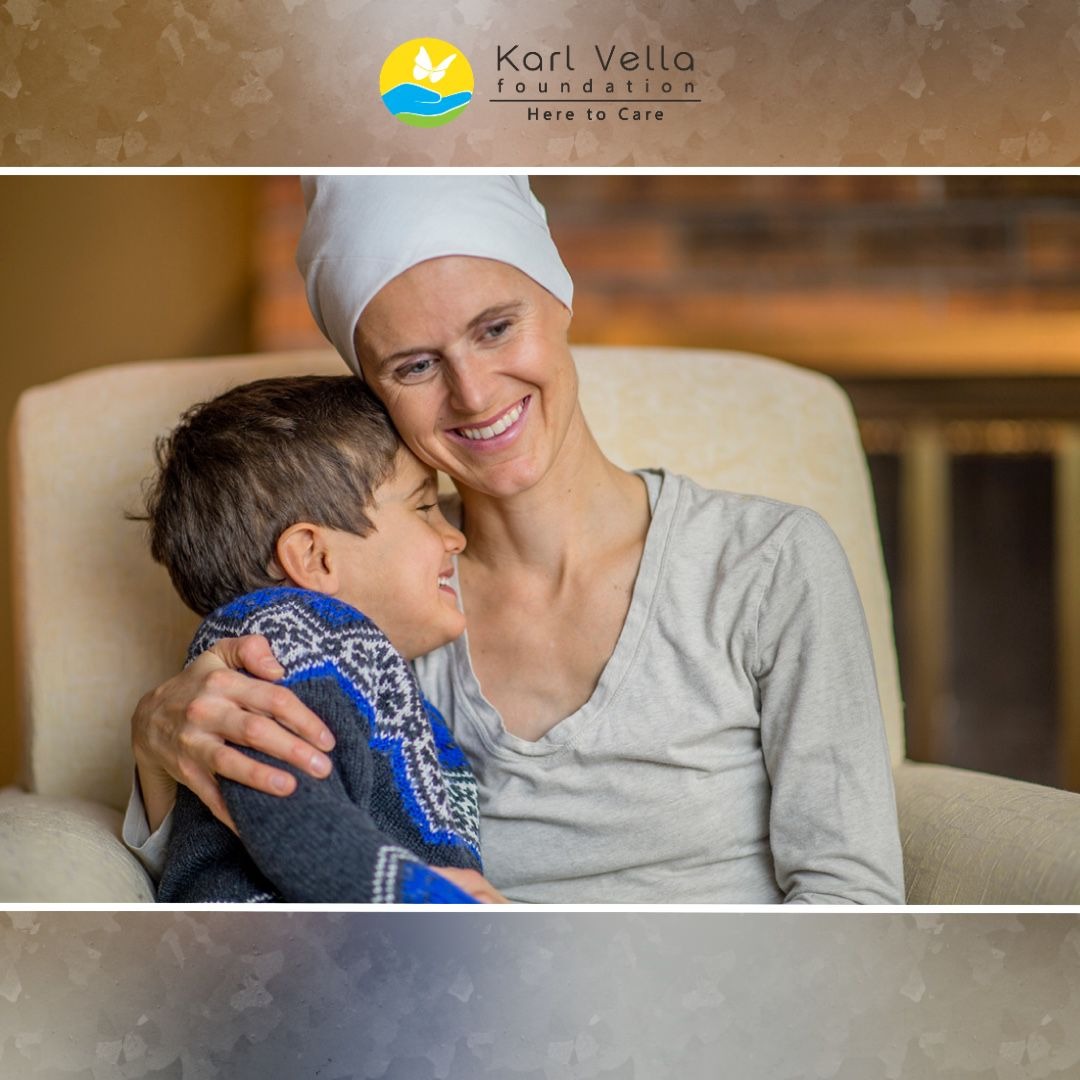
Children’s Experience Of Parental Cancer
Children’s experiences of parental cancer differ from case to case. At Karl Vella Foundation we have supported many children through their experience of parental cancer, and while they each have their own unique journeys, there are a few commonalities which tend to be a part of most children’s experiences.
Parental cancer has many aspects to it, but for most children, the treatment itself tends to be the hardest part of their experience. More specifically, witnessing a parent going through the side effects of chemotherapy, and undergoing surgery are the aspects which are the most upsetting for them. At the same time, some children would also see the chemotherapy and surgery as needed for the parent, as they are helping their parent to get better (Forest, Plumb, Ziebland & Stein, 2006).
Other aspects of their experience include changes to their previous life structure and routine. Since the parent needs to have frequent hospital visits, and becomes a bit weak due to the treatment, certain daily routines of the child may be disrupted. An example of this would be that quality time spent with the child may be reduced for the time being. KVF is able to support and provide children going through this experience with the structure and safe space they need. Taking part in programmes with other children going through a similar journey, helps the children feel that they aren’t alone. Having a space where the children can express themselves is also of great benefit.
Role changes within the family unit may be experienced, such as the child feeling the need to care for the parent when feeling weak (Shah, Armaly & Swieter, 2017). It is important that the child is encouraged to play and engage in fun activities, despite the hard time they might be going through.
Going through any experience, good or bad, brings about changes. Such experiences bring out changes in each family member and its dynamics. Being prepared for these changes enables each family member to cope more efficiently (Forest, Plumb, Ziebland & Stein, 2006).
Various forms of support are available to help children through this experience, such as one-to-one therapy, including play therapy and art therapy. Group programmes offered by KVF have also been of benefit to children, as they help them cope better with the situation whilst feeling supported by other children going through similar experiences.
By Martina Chircop
References
Forest, G., Plumb, C., Ziebland, S. & Stein A. (2006). Breast cancer in the family – children’s perceptions of their mother’s cancer and its initial treatment: qualitative study. British Medical Journal, 332(7548), 998-1003. https://doi.org/10.1136/bmj.38793.567801.AE
Shah, B. K., Armaly, J., & Swieter, E. (2017). Impact of parental cancer on children. Anticancer Research, 37(8), 4025-4028. https://ar.iiarjournals.org/content/37/8/4025#ref-4